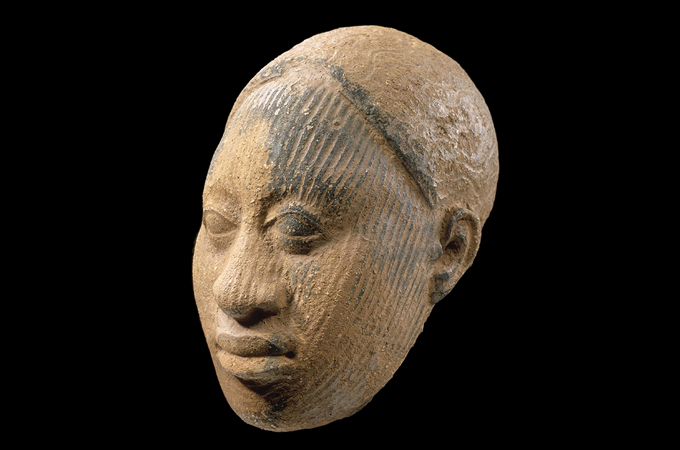Tue, Feb 21, 2017
One of Viennese modernist Gustav Klimt’s greatest works will lead a Sotheby’s Impressionist & Modern Art Evening Sale in London next month.
The 1907 painting titled Bauerngarten could fetch up to $45 million at the auction, which will be held on March 1, according to reports.
Helena Newman, Global Co-Head of Sotheby’s Impressionist & Modern Art Department & Chairman of Sotheby’s Europe, said: “Gustav Klimt is one of the most desirable artists today and his iconic masterpieces are revered and recognised the world over. The star of this season's offering is undoubtedly Klimt’s luminous Bauerngarten, dating from the artist’s celebrated and much-loved golden period and from the same year as his famous golden Portrait of Adele Bloch-Bauer I. Innovative in its composition and jewel-like in its exquisite blaze of colours, it is one of the artist’s greatest masterpieces ever to come to auction. Most of the artist’s oil paintings of this calibre are in major museums around the world with only a handful works of this importance having appeared at auction in the last decade.”
Among the finest works by Klimt ever to come to auction, Bauerngarten was painted during the golden years of Klimt’s career and was a highlight of the critically acclaimed Painting the Modern Garden exhibition at the Royal Academy of Arts in London last year.
This profoundly beautiful work is to be offered at auction for the first time in over two decades.
While Klimt is largely revered for his opulent, symbol-laden portraits of the Viennese bourgeoisie, these works were just one aspect of his artistic expression. It is, arguably, in his landscapes, that he found the freedom to express himself, and to experiment, more freely. His landscapes, therefore, not only represent an important and highly personal facet of his career, but are also critical to our appreciation of the artist.
One of Klimt’s finest landscapes, Bauerngarten was first exhibited in the landmark 1908 Kunstschau in Vienna; a pivotal moment for Klimt, the exhibition caused a sensation and confirmed his status as the leading modern artist of his time. Even then the luminous painting was considered important, acquired just two years after by the National Gallery in Prague.
Landscapes are integral to Klimt’s oeuvre, revealing a more personal and experimental side to his painting that differs from his portraits, which were, for the most part, commissions. At the same time, even in his landscapes, there is often an echo of a figure – here, the shape of a woman is almost tangible under the triangular composition of blazing colours of the flowers. Indeed, Bauerngarten was painted at the same moment as some of Klimt’s most celebrated and innovative figurative works, including his golden portrait of Adele Bloch-Bauer and the gilded Der Küss.
The joyous mood of the painting tells a story too. Each summer, Klimt would retreat to the shore of Attersee for three months to relax and paint, accompanied by family and friends including his lifelong companion, the celebrated designer Emilie Flöge. It was a happy time, and the inspiration for Bauerngarten was found in the rustic garden of a local farmer, with its informal profusion of poppies, daisies and roses transformed into a shimmering array of colour.
KLIMT & HIS CONTEMPORARIES
The influence of Impressionist and Post-Impressionist artists on Klimt’s landscapes is evident, from Claude Monet’s treatment of his famous waterlily pond to Vincent van Gogh’s ability to make canvases pulsate with energy.
The square canvas chosen by Kilmt for this work heightens its visual impact, and it was in the same decade that Monet started to use this format to depict his waterlily ponds at Giverny. Both Klimt and Monet used this technical innovation to break away from the accepted form of traditional landscape art. Stripping away the sky, both artists created increasingly abstract ideas of the landscapes they were creating, focusing less on faithful renderings but more on the fleeting yet joyous patterns and colours.
In 1906, Klimt attended an exhibition of works by van Gogh in Vienna, and his subsequent appreciation of van Gogh sparked a significant shift in his appreciation of paint. Drawing on this, the dynamic brushwork and vibrancy of Bauerngarten reflect this turning point in Klimt’s style.
Among the few artists whose work has achieved over $100 million, Klimt is widely acknowledged as one of the founding fathers of Modern Art. Celebrated for his highly decorative style – a style that draws on his contemporaries Monet and Van Gogh but is at the same time unique – his unfading popularity is down not only to the universal themes with which he worked (love, beauty and death), but also to the ornate and jewel-like surfaces he created, thanks in no small part to the influence of Japanese art.
Vienna’s enfant terrible, he studied at the Vienna School of Arts and Crafts, before creating his own eclectic fusions of the old and the new, which have had a resounding cultural impact. Klimt’s legendary Portrait of Adele Bloch-Bauer I – painted in the same ‘golden’ years as Bauerngarten – was recently the subject of the acclaimed film Woman in Gold, starring Helen Mirren and Ryan Reynolds.
The painting that is the subject of the film is now the star attraction of the Neue Galerie in New York.



,-1907.jpg)
,-1907-(Estimate-upon-request).jpg)
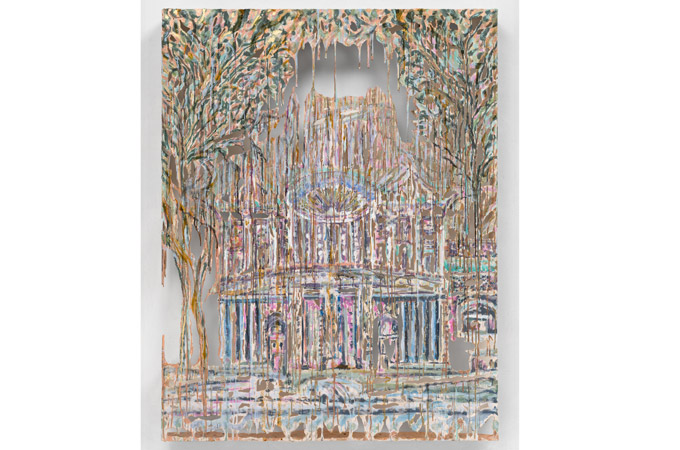
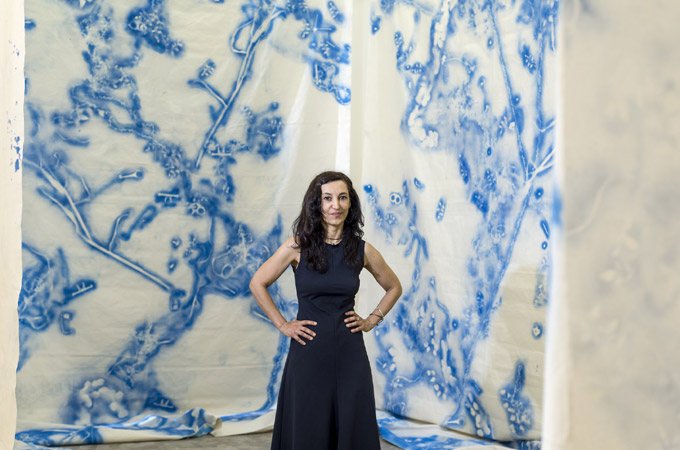
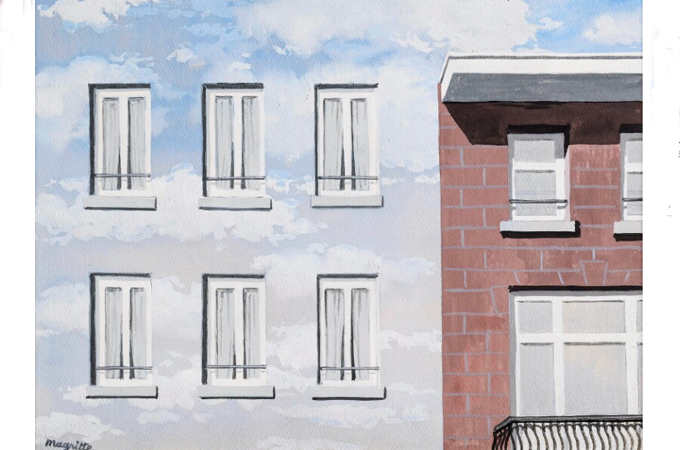

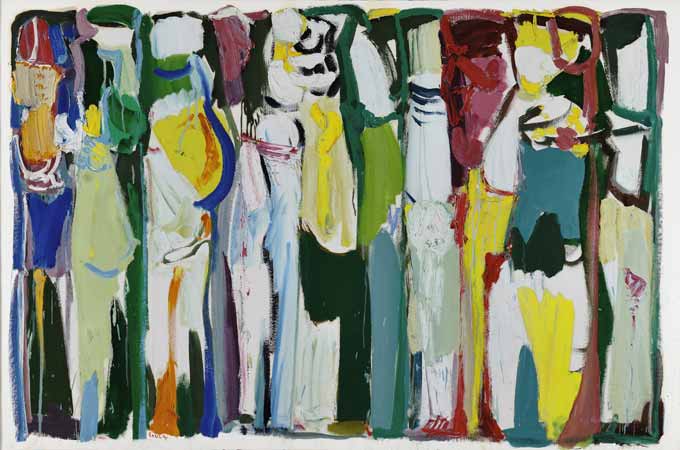
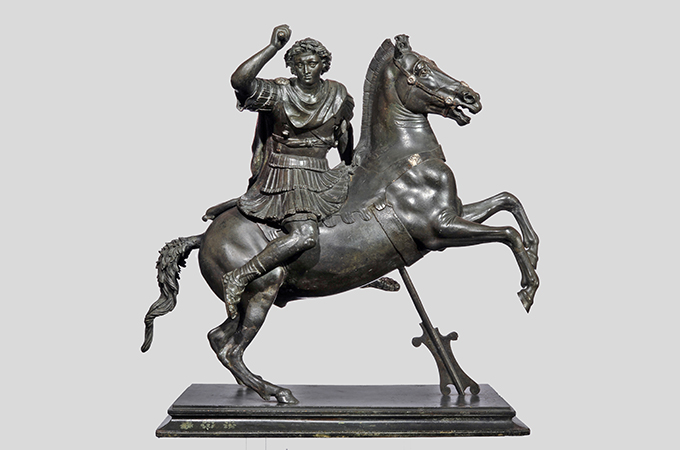

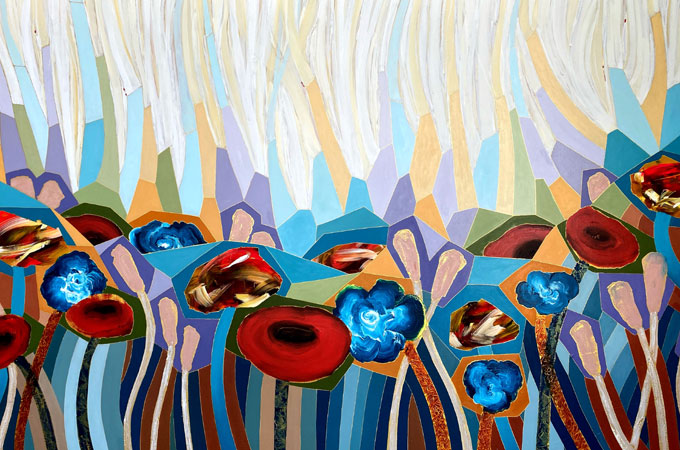
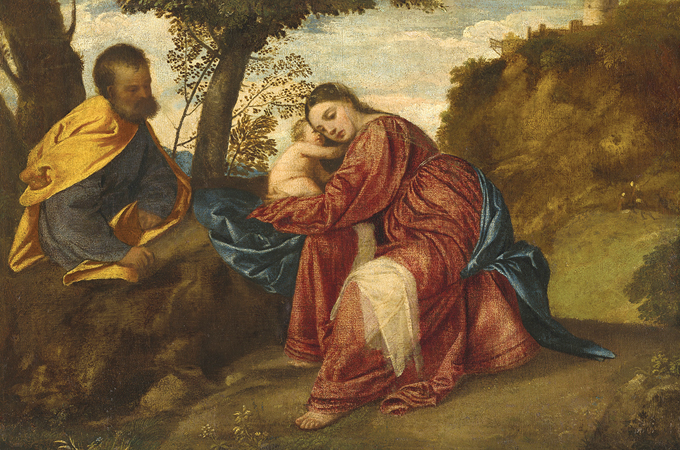
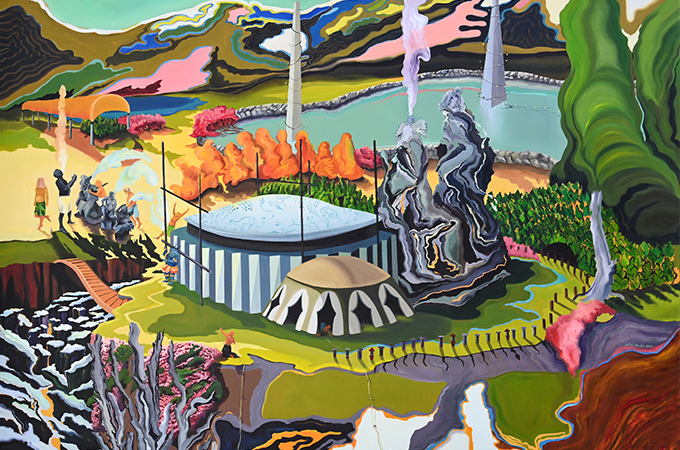
.jpg)
